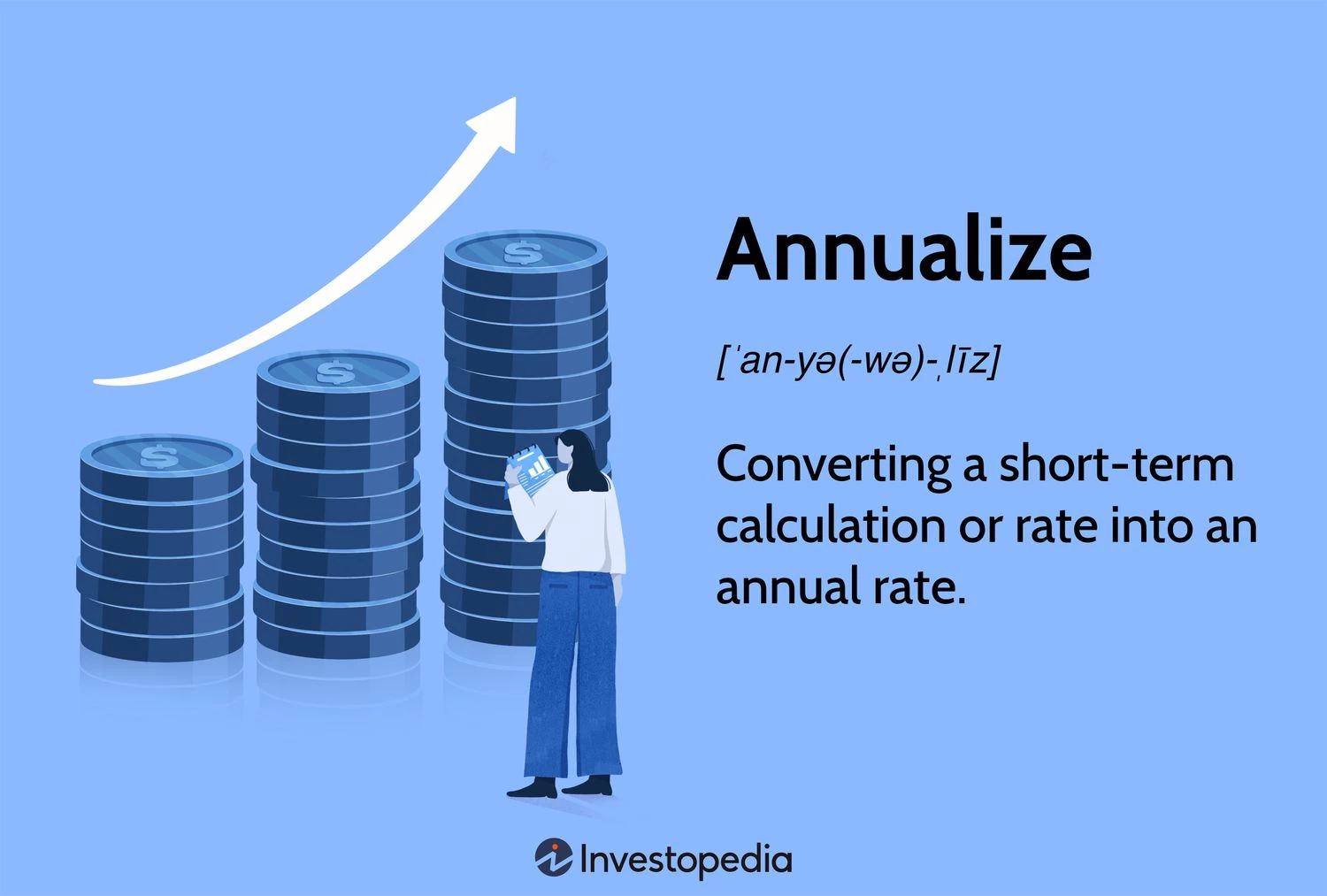Pros and Cons of Money Market Funds
What Are Money Market Funds?
Money market funds are a type of mutual fund that invests in highly-rated, short-term debt securities, offering income generation with minimal capital appreciation. Introduced in the 1970s, these funds aimed to provide slightly higher yields compared to interest-bearing bank accounts.
Money market investments typically yield low single-digit returns, presenting lower principal risks than stocks and corporate debt. Despite their security, investors must carefully evaluate the advantages and disadvantages of money market funds.
Advantages of Money Market Funds
Low Risk and Short Duration
Money market funds serve as a safe haven during market volatility, investing in low-risk instruments like CDs, T-Bills, and commercial paper. Their short durations mitigate interest rate risks, making them attractive in uncertain market conditions.
Additionally, money market funds offer diversification across securities, simplifying the investment process for individuals.
Stability and Security
These funds provide stability and security, acting as a low-volatility investment option to balance a portfolio’s risk exposure. They offer a secure short-term investment, suitable when other options are less feasible.
Money market accounts at banks are interest-bearing, while money market funds are investments through mutual fund companies.
High Liquidity
Money market funds invest in highly liquid securities, ensuring ease of buying and selling. This liquidity contrasts with less liquid investments, providing investors with flexibility in volatile markets.
Potential Tax Efficiency
Some fund investments offer tax exemptions on interest payments, potentially providing tax-efficient returns to investors.
Disadvantages of Money Market Funds
Inflation Risk
Money market fund returns may lag behind inflation rates, leading to a loss of purchasing power for investors over time.
Expenses Can Take a Toll
Even small fees can significantly impact money market fund returns, affecting investors’ ability to keep up with inflation and generate profits.
Fees vary by fund and can substantially reduce returns, impacting investors’ bottom line.
- $5,000 x 3% = $150 total yield
- $150 – $30 in fees = $120 profit
Fees can represent a significant portion of returns, diminishing profits and potentially incurring tax liabilities.
No Federal Insurance Protection
Unlike bank accounts, money market funds lack FDIC insurance, leaving investors vulnerable to losses if the fund collapses. The 2008 financial crisis highlighted the risks associated with money market funds, leading to increased regulatory measures for stability.
Risk of Higher Yields
Some fund managers may pursue higher yields by taking on additional risks, potentially impacting investor returns. The pursuit of higher yields can expose investors to risks beyond traditional low-risk investments.
Past fund performance does not guarantee future returns, emphasizing the importance of carefully assessing risk levels.
Low Returns Mean Lost Opportunity
While money market funds offer stability, their low returns may hamper long-term wealth building compared to higher-return investments like common stocks.
What Is In a Money Market Fund?
A money market fund invests in low-risk, highly liquid short-term securities, including Treasuries, government securities, CDs, and commercial paper.
Is a Money Market Account the Same As a Money Market Fund?
A money market account, offered by banks, provides interest-bearing accounts, whereas a money market fund is an investment vehicle managed by mutual fund companies.
Does the U.S. Government Provide Insurance for Money Market Funds?
The U.S. government does not insure money market funds or any other mutual funds, posing a risk of loss for investors.
The Bottom Line
Money market funds present various advantages and disadvantages, requiring careful consideration before investment. While not ideal for long-term growth, these funds offer stability and security for short-term investment goals.
Provide informative insights and valuable information to help readers make informed decisions about money market funds.





